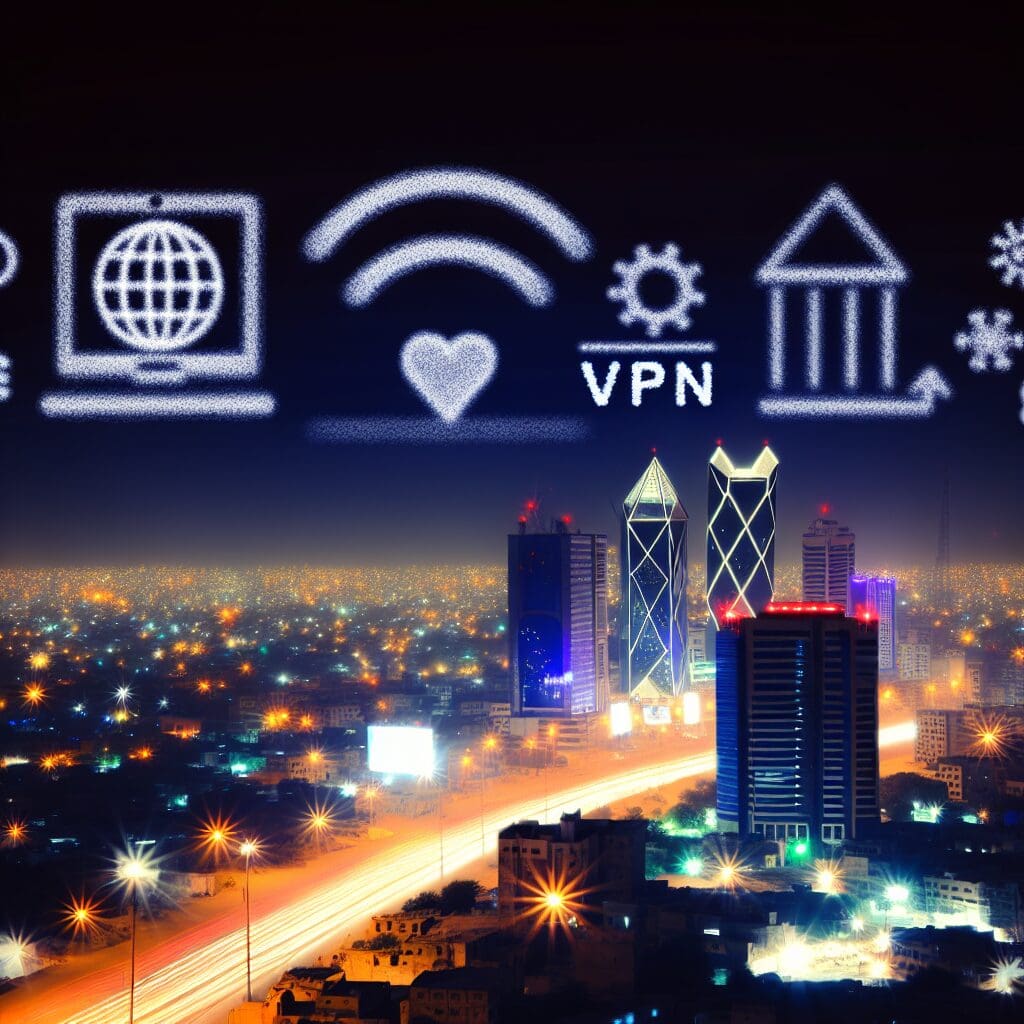In recent months, Pakistan has faced considerable challenges regarding its internet speed, with many citizens expressing frustration over sluggish connections. The government has attributed this issue to the increasing use of Virtual Private Networks (VPNs), which are perceived to be contributing to network congestion. As people seek privacy and unrestricted access to content online, the rise in VPN usage has complicated the landscape for internet service providers.
It is noteworthy that while a government report suggests that VPNs are a major culprit behind these issues, many users argue that the primary problem lies with inadequate infrastructure and outdated technology. For instance, Pakistan’s internet penetration rate has grown rapidly, yet the supporting technology has not kept pace, leading to performance bottlenecks. The government’s recent proposals for a 5G rollout may eventually provide a solution, but skeptics question whether it can resolve immediate concerns given the existing challenges.
The situation highlights a broader issue facing many countries: the balance between regulatory measures and user rights. For example, while the government aims to enhance digital surveillance under the guise of improving connectivity, critics fear this could lead to greater restrictions on freedom of expression.
Ultimately, as Pakistan navigates these complexities, the focus must shift to not only addressing the VPN-related arguments but also to long-term investments in technology and infrastructure. By doing so, the government can hope to improve the overall digital experience for its citizens while ensuring that internet freedoms remain intact.












